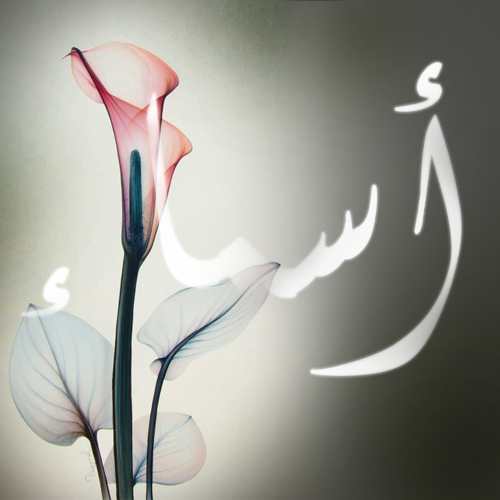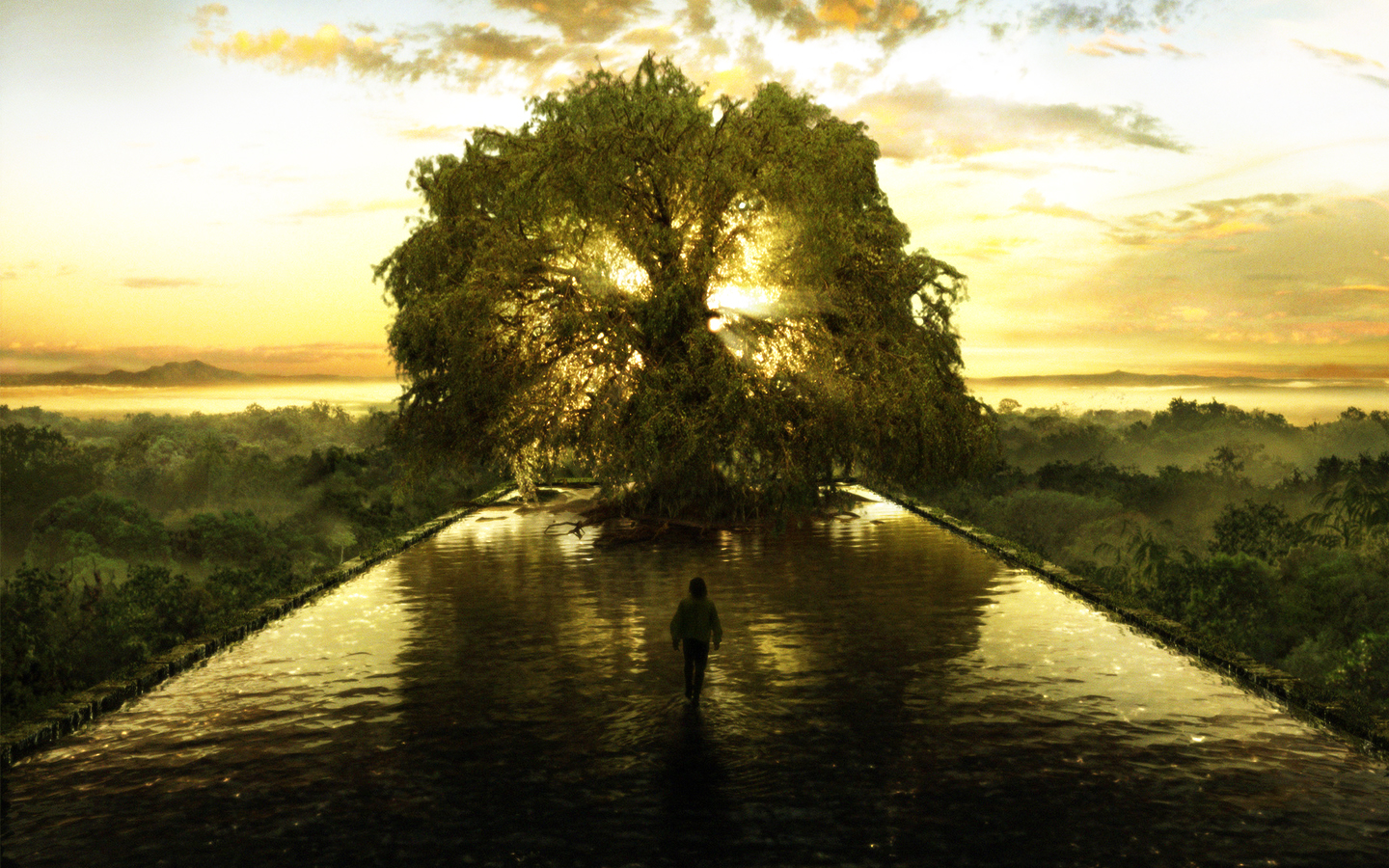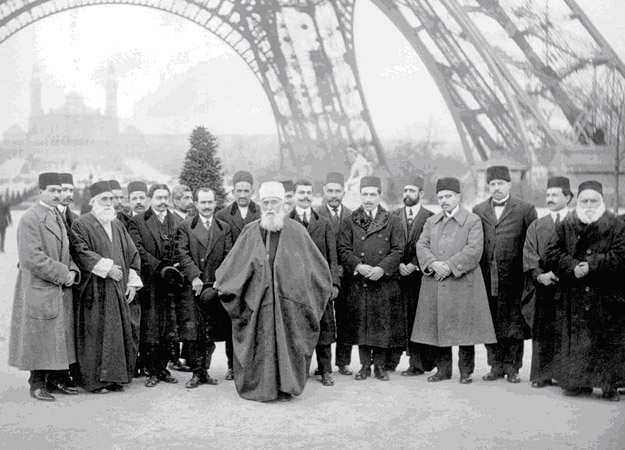Introduction
Every other week, I hold a gathering in my house called “The Forum.” The purpose of my gathering is to engage in dialog and consultation on developing the framework of action with the goal of promoting the betterment of mankind.
The gathering revolves around the Abdu’l-Baha’s “Some Answered Questions” because I felt the topics were rich with meaning, approached the matter with logic, and conveyed the message in the spirit of learning.
Even though this may seem like a deepening session, the gathering is open to all to gain a better understanding on the Teachings of the Baha’i Faith, and underlining the universal purpose that humanity has in this world.
Nature and Universal Law
To understand the basic principles of existence, Abdu’l-Baha explains what natures consists of, and how nature is governed by conditions that allows it to grow, expand and live. In Some Answered Questions, Abdu’l-Baha states:
“Nature is that condition, that reality, which in appearance consists in life and death, or, in other words, in the composition and decomposition of all things. This Nature is subjected to an absolute organization, to determined laws, to a complete order and a finished design, from which it will never depart—to such a degree, indeed, that if you look carefully and with keen sight, from the smallest invisible atom up to such large bodies of the world of existence as the globe of the sun or the other great stars and luminous spheres, whether you regard their arrangement, their composition, their form or their movement, you will find that all are in the highest degree of organization and are under one law from which they will never depart.”
Abdu’l-Baha’s definition of nature, and the things the nature is influenced by, resonates very well with a concept in the field of Physics regarding string theory; a sub-quark element that is responsible for all the forces that a mass is influenced by (weak, strong, and electromagnetic). Edward Whitten, a renowned Theoretical Physicist at Princeton University, can the following statement about superstring theory, which is a derivative of string theory:
“Superstring theories provide a framework in which the force of gravity may be united with the other three forces in nature: the weak, electromagnetic and strong forces. Recent progress has shown that the most promising superstring theories follow from a single theory. For the last generation, physicists have studied five string theories and one close cousin. Recently it has become clear that these five or six theories are different limiting cases of one theory which, though still scarcely understood, is the candidate for superunification of the forces of nature.”
Humanity is a part of Nature; however, what distinguishes humans from other bodies, organisms and elements on the earth is the fact that humans are intelligent beings that are able to promote the progress of their community and society; break the barriers of knowledge through innovation, experience and discovery. Abdu’l-Baha explains further:
“But when you look at Nature itself, you see that it has no intelligence, no will. For instance, the nature of fire is to burn; it burns without will or intelligence. The nature of water is fluidity; it flows without will or intelligence. The nature of the sun is radiance; it shines without will or intelligence. The nature of vapor is to ascend; it ascends without will or intelligence. Thus it is clear that the natural movements of all things are compelled; there are no voluntary movements except those of animals and, above all, those of man. Man is able to resist and to oppose Nature because he discovers the constitution of things, and through this he commands the forces of Nature; all the inventions he has made are due to his discovery of the constitution of things. For example, he invented the telegraph, which is the means of communication between the East and the West. It is evident, then, that man rules over Nature.”
Abdu’l-Baha’s proof of intelligence is also agreed upon not only by scientists, but also laureates, other religious bodies, and scientists. Reflecting on two short quotes that relay such understanding:
“The test of a first-rate intelligence is the ability to hold two opposed ideas in mind at the same time and still retain the ability to function.”
– F. Scott Fitzgerald (author of The Great Gatsby)
“The senses, they say, are great. Greater than the senses is the mind, greater than the mind is intelligence but greater than the intelligence is He.”
– Bhagavad Gita (Sacred Hindu Scripture)
It is clear and evident that humanity has reigned over Nature since the start of time. However, the greater question that arises is what intelligence developed Nature? For anything that has been created, whether an atom or a mountain, an intelligent source is needed. In the realm of science, we utilize the basis that it is through chance and chaos that such a wonder was achieved. Yet, even numbers show elegance and uniformity that it cannot merely be chance, but a very well calibrated design, a design that enables us, and Nature, to live and foster. Abdu’l-Baha sheds light on this matter:
“Now, when you behold in existence such organizations, arrangements and laws, can you say that all these are the effect of Nature, though Nature has neither intelligence nor perception? If not, it becomes evident that this Nature, which has neither perception nor intelligence, is in the grasp of Almighty God, Who is the Ruler of the world of Nature; whatever He wishes, He causes Nature to manifest.
One of the things which has appeared in the world of existence, and which is one of the requirements of Nature, is human life. Considered from this point of view man is the branch; nature is the root. Then can the will and the intelligence, and the perfections which exist in the branch, be absent in the root? It is said that Nature in its own essence is in the grasp of the power of God, Who is the Eternal Almighty One: He holds Nature within accurate regulations and laws, and rules over it.”
In addition to the clear and logical message presented here by Abdu’l-Baha, I decided to venture online and find out if any other figures and entities from the past have shed light on this idea. And it was amazing for me to see the universal agreement, spoken in different tones and languages, to describe what Abdu’l-Baha mentioned about what governs Nature, and of the essence of God.
To clarify, God is not merely a man in the sky, nor an entity to which we can comprehend and grasp. It is best to consider it as an Intelligent being that is beyond our realm of comprehension, yet present. A better example of this is the value and concept of infinity, which is beyond the realm of comprehension in our mind. However, it provides the answer to missing links and questions in Mathematics, especially in mathematical series.
Among some of the individuals who have discussed this matter include Max Planck, where he shares a fundamental message in the realm of Quantum Mechanics:
“As a man who has devoted his whole life to the most clear headed science, to the study of matter, I can tell you as a result of my research about atoms this much: There is no matter as such. All matter originates and exists only by virtue of a force which brings the particle of an atom to vibration and holds this most minute solar system of the atom together. We must assume behind this force the existence of a conscious and intelligent mind. This mind is the matrix of all matter.”
Derived from the lecture, ‘Das Wesen der Materie’ [The Essence/Nature/Character of Matter], Florence, Italy (1944). Archiv zur Geschichte der Max-Planck-Gesellschaft, Abt. Va, Rep. 11 Planck, Nr. 1797.
Previous religious Holy Writings, from Quran and Bhagavad Gita, gave their interpretation of Intelligence and essence of God:
It is He Who brought you forth from the wombs of your mothers when ye knew nothing; and He gave you hearing and sight and intelligence and affections: that ye may give thanks.
– The Quran, Surat Al Nahl (The Bee), verse 78
When a man puts away all the desires of his mind, O Partha (Arjuna), and when his spirit is content in itself, then he is called stable in intelligence.
– Bhagavad Gita (Sacred Hindu Scripture)
And finally, Isaac Newton, in the Untitled Treatise on Revelation, under “Rules for interpreting the words and language in Scripture”, which was one of Newton’s writings and research dedicated to understanding and how to correctly interpret the Writings of Bible, states in Rule 9:
“It is the perfection of God’s works that they are all done with the greatest simplicity. He is the God of order and not of confusion. And therefore as they would understand the frame of the world must endeavor to reduce their knowledge to all possible simplicity, so must it be in seeking to understand these visions.”





